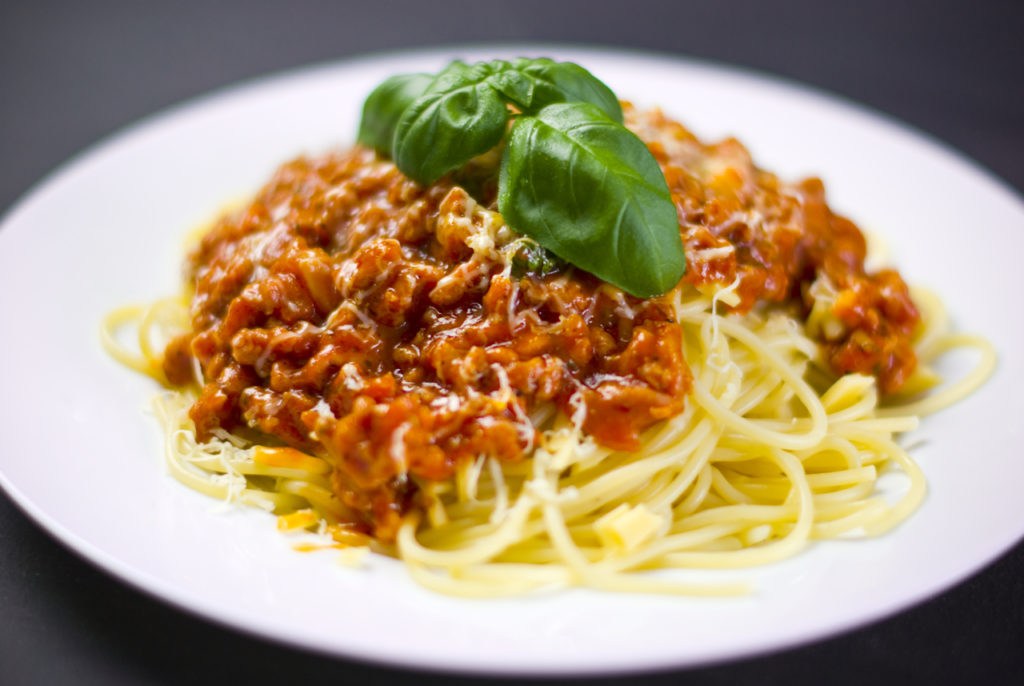The provinces of East and West Flanders and Flemish Brabant have taken steps to enforce the new rules on food deliveries to people’s homes, putting charity fundraising efforts at risk.
Since the introduction of the latest new measures to tackle the coronavirus, there are restrictions in place on who is allowed to make home deliveries of food. In the ministerial decree of 1 November is stated, “House to house and hawking activities of whatever sort are forbidden.”
According to Yves Stevens, spokesperson for the national crisis centre, the law is taken to refer to all home sales or deliveries of any type of product by anyone other than commercial entities such as restaurants and shops, who are anyway bound to abide by the regulations in place.
However that interpretation is bad news for scouts groups and others who rely in income from events like spaghetti evenings or mussel suppers to keep their activities funded.
Social distancing had already delivered a severe blow to that fundraising effort. And they had hoped to recoup some of the lost revenue by holding virtual events – by delivering food to their supporters in return for a contribution to their funds.
Some mayors in Flanders had already sounded the alarm, arguing that a group of scouts making meals in a canteen kitchen and organising their own delivery was hardly in the spirit of the effort to stem the tide of the virus.
Now East Flanders governor Carina Van Cauter (Open VLD) has used her position as head of the police zone to impose a measure from Monday 9 November that makes it unlawful without a commercial organisation becoming involved.
That means in practice that the fundraising group can take orders and payments online or by phone, but they then have to pass the actual order along to a professional for fulfilment, by delivery or pick-up.
The groups were already aware that the absence of a real event would pour cold water on demand. Having to work through a commercial caterer would eat up any profits that remain.
“This ranges from real meals delivered to your home to waffles, pancakes or even toilet paper,” Van Cauter said.
“People are very inventive. That is nice, but we just have to make sure that things can happen safely. We want to avoid contacts that are too close. We’re only trying to prevent the virus from spreading further.”
A similar measure came into force in West Flanders last Monday, while the order of he Flemish Brabant governor becomes effective today.
The principal of a primary school in East Flanders explained the cost to fundraising efforts.
“The subsidies from the government are insufficient to finance our construction works or to run our school bus,” he told the VRT.
“I think we raise about €20,000 annually via a dinner party or a barbecue. We understand that safety is paramount, but this is just another damper on all the activities we had planned.”
Alan Hope
The Brussels Times

